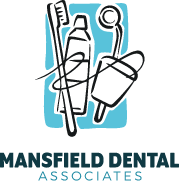Genetics, poor oral health habits, physical conditions, and diet choices can all affect your cavity risk. Because all of these, except for your genetics, can change over time, your cavity risk is not fixed. After a long period without cavities, you could suddenly find yourself having cavities discovered at your dental checkups. This may only require changes to your diet, or better at-home cleaning habits. However, some conditions may be harder to control through these methods. One way your dentist can help you better protect your teeth against cavities is through the application of dental sealants to your teeth.
Acidic Foods And Drinks Can Soften Your Enamel
Acidic items can make you more cavity-prone by causing your enamel to soften, which reduces your ability to withstand potentially cavity-causing damage. This means that diet beverages, despite being sugar-free, could still be a source of dental trouble.
Dealing With Dry Mouth
Dry mouth is a condition marked by a struggle to produce enough saliva. Because your teeth rely on saliva for defensive purposes, as well as the delivery of helpful minerals, this absence can hurt your teeth. Dry mouth can occur because of alcohol, but it can also happen because of medication you are taking.
Skipping Regular Checkups Can Leave Problems Undiscovered
If you are more cavity-prone, regular checkups can be especially important. The nature of the restorative dental work needed to fix a cavity can change as a cavity grows in size. What this means is that if you skip a checkup, a small cavity can be left with more time to grow, and you could find yourself needing a root canal to take care of it.





Recent Comments